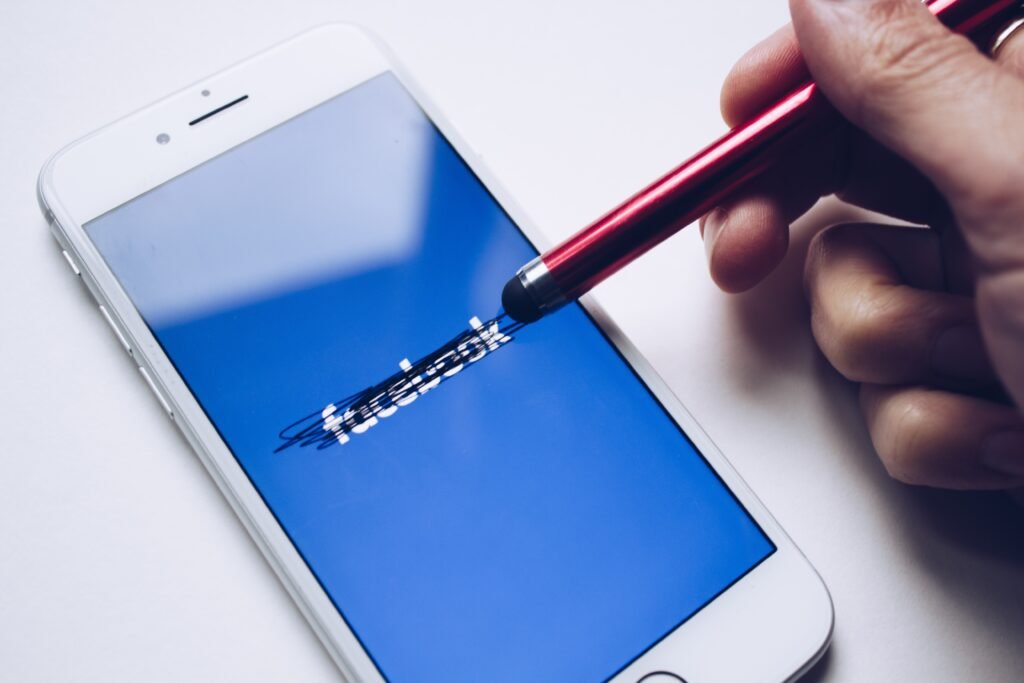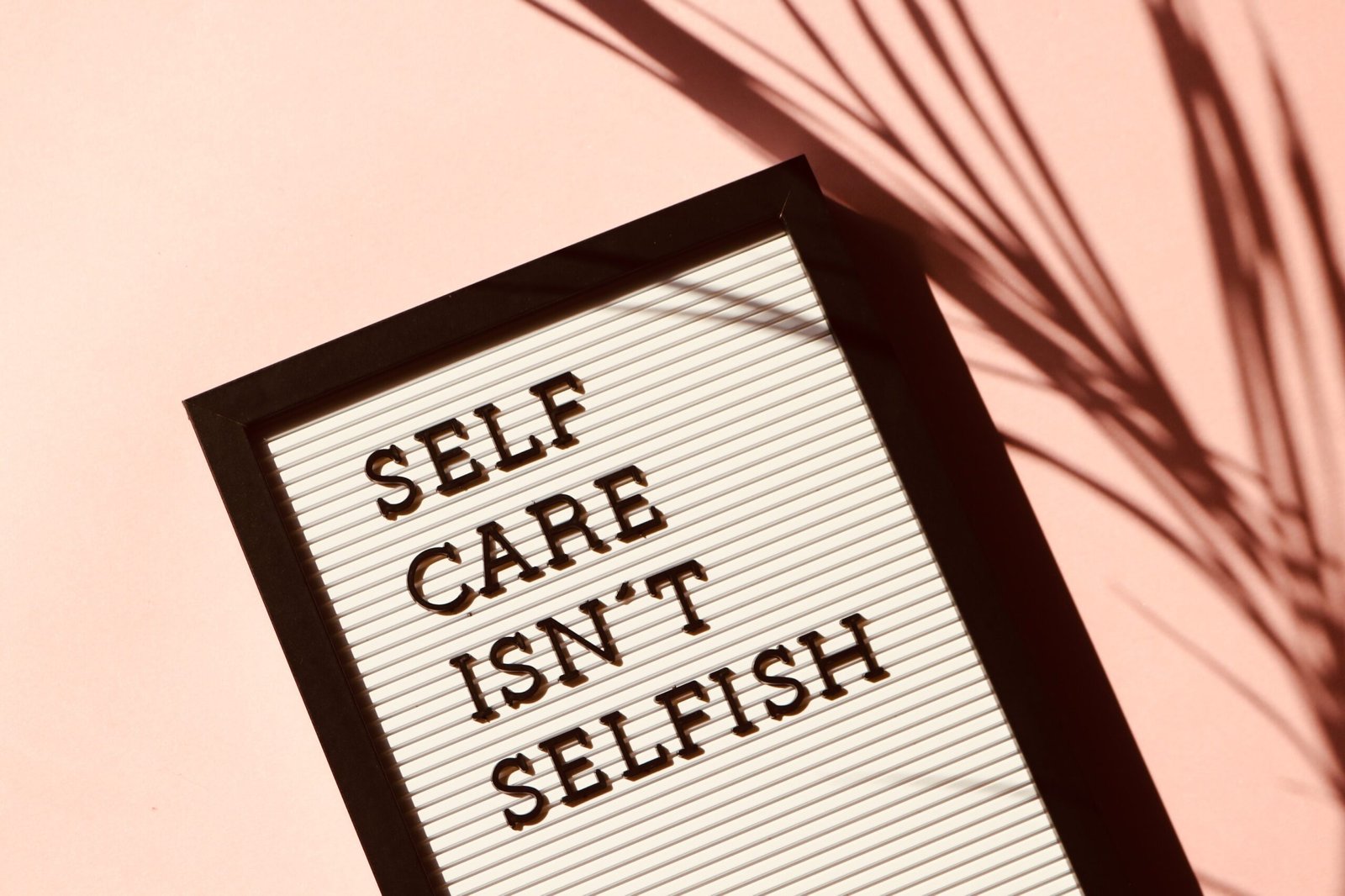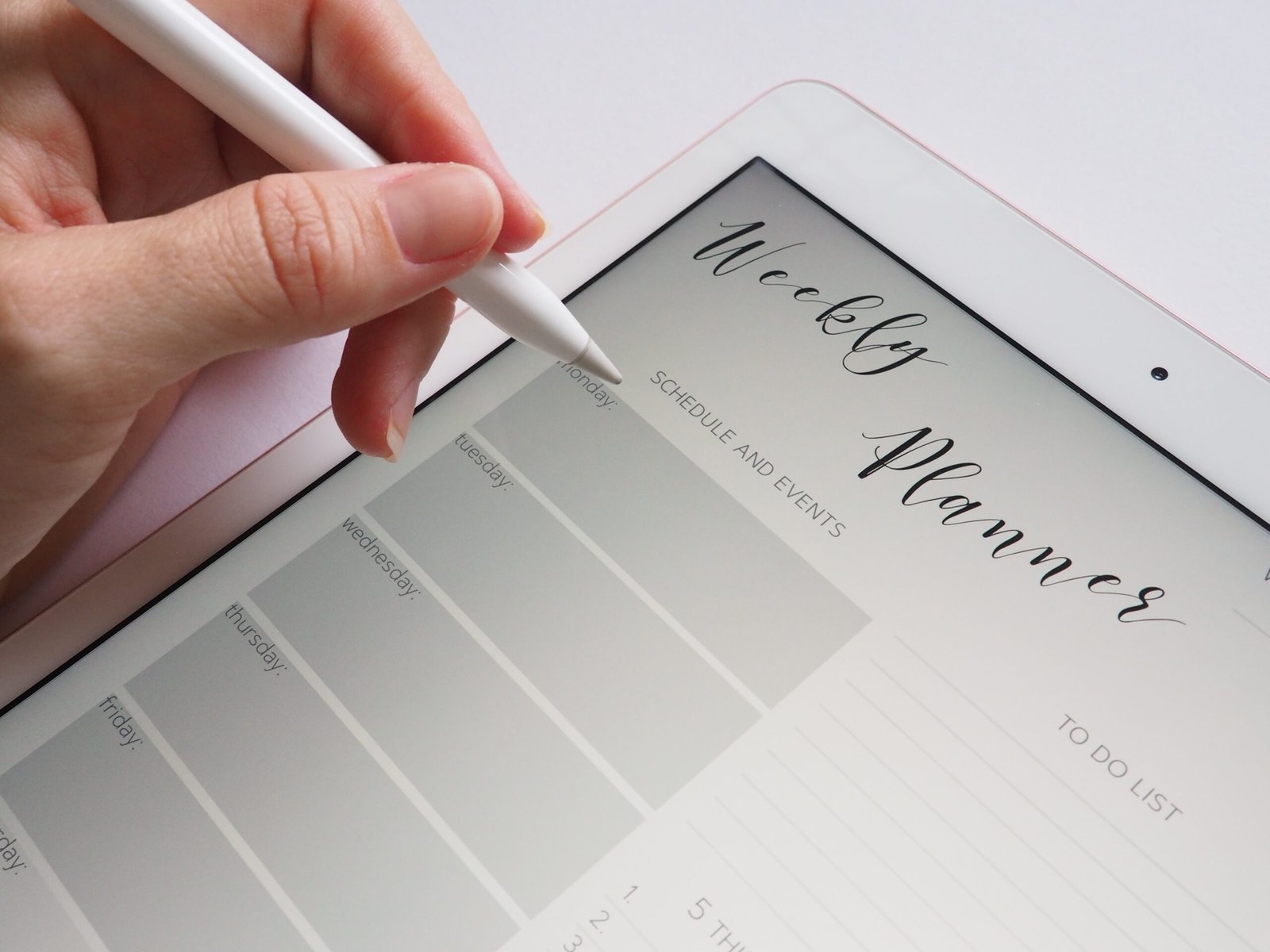The way we communicate with one another and consume information has unquestionably changed as a result of the rise of social media. However, there is growing concerned about how social media affects mental health. According to research, using social media excessively can cause feelings of loneliness, anxiety, and depression. We will examine the detrimental effects of social media on mental health in this blog post and offer advice on how to control social media use for a healthier mind.
Negative Impact of Social Media on Mental Health
Social Comparison
The constant pressure to compare oneself to others is one of the main detrimental effects of social media on mental health. The carefully curated images of people’s lives that populate social media sites like Instagram and Facebook can lead to irrational expectations and feelings of inadequacy. This may result in an ongoing quest for approval and a vicious cycle of self-doubt.
Cyberbullying
Cyberbullying is a widespread issue on social media, which has a detrimental impact on mental health. Social media’s anonymity can give users the confidence to say things they otherwise wouldn’t, which can result in hurtful remarks and online harassment. Serious repercussions of cyberbullying can include depression, anxiety, and even suicide.
FOMO (Fear of Missing Out)
The detrimental impact of social media on mental health also includes FOMO or the fear of missing out. People who scroll through social media feeds may feel excluded and anxious because they believe that everyone else has exciting and fulfilling lives. Additionally, FOMO can result in compulsive social media use and a constant desire to connect.
How to Manage Social Media Use for a Healthier Mind

Set Time Limits
Setting time limits is one of the simplest ways to control social media usage. Set a daily limit for the amount of time you want to spend on social media and abide by it. This may lessen the time you spend contrasting yourself with others and mindlessly scrolling through your feed.
Take Breaks
Regularly taking breaks from social media is also crucial. Feelings of anxiety and overwhelm can be lessened by turning off the electronics for a few hours or even a few days. Spend that time doing things that make you happy and fulfilled, like reading, working out, or spending time with loved ones.
Practice Mindfulness
For a healthier mind, practicing mindfulness can also assist in controlling social media use. Being mindful involves giving your all to whatever you’re doing at any given time. Try to be aware of how social media is making you feel and whether it is benefiting your life when using it. If not, it might be appropriate to take a break.
Seek Support
Finally, if you’re having trouble dealing with how social media is affecting your mental health, it’s crucial to get help. Speak with a family member or friend you can trust, or think about getting professional assistance. A therapist or counselor can assist you in creating coping mechanisms and navigating the challenging social media landscape.
Conclusion
Social media has permeated every aspect of contemporary life, but it’s crucial to understand the detrimental effects it can have on mental health. We can control our social media use for a healthier mind by setting time limits, taking breaks, practicing mindfulness, and getting support. Remember, finding a healthy balance that works for you is more important than completely giving up social media.






